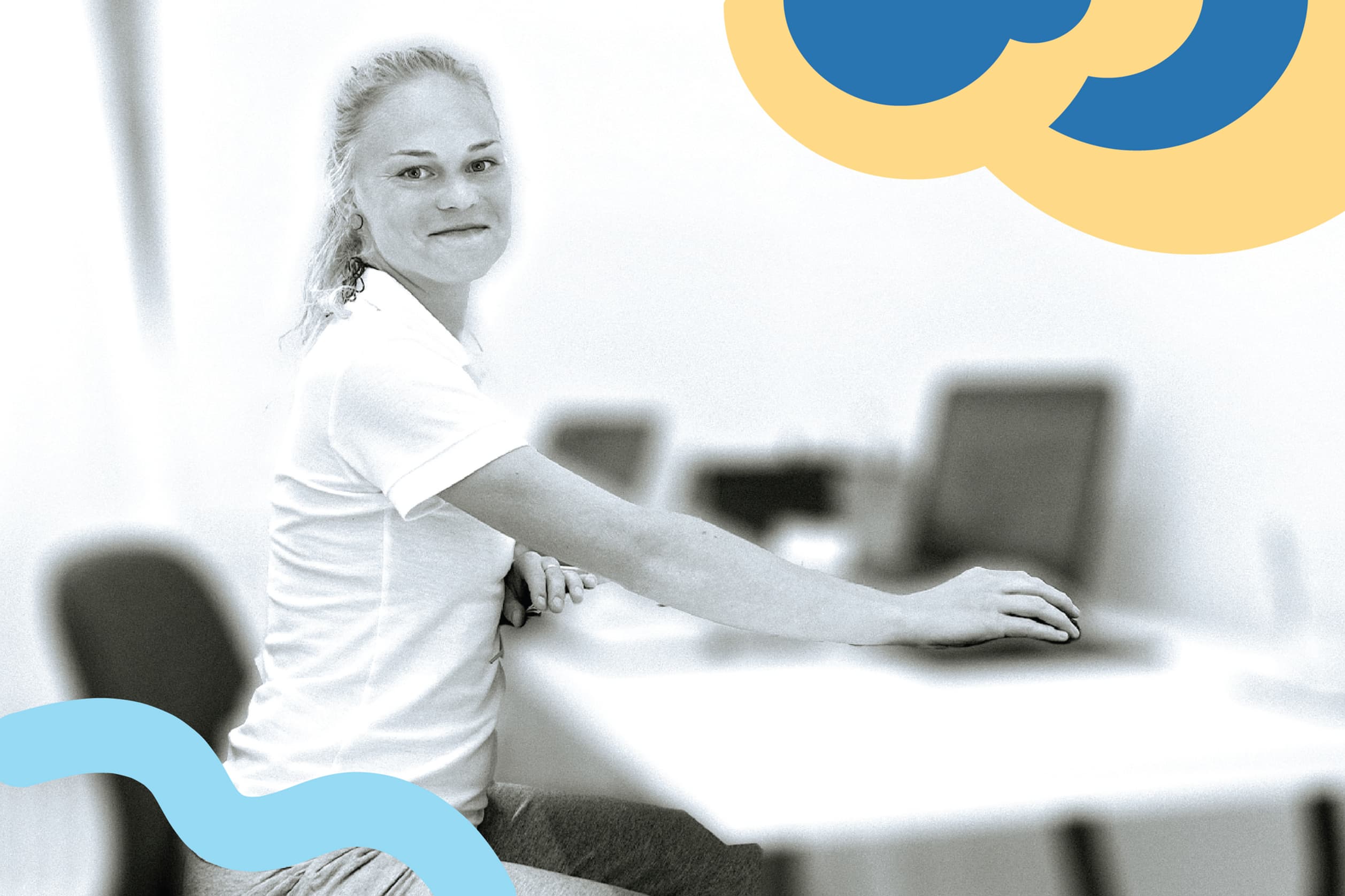Australia’s Loneliness Epidemic
Australia’s Loneliness Epidemic
Updated: Jul 22
Loneliness has become so widespread in Australia, it now makes headlines. But for some, it’s not news—it’s a daily reality.
In January, The Guardian published a feature warning of rising loneliness rates across the country. Experts described a crisis fuelled by the Covid pandemic, disproportionately affecting people already marginalised: those with disabilities, mental health conditions, and older Australians in care. Dr Michelle Lim, a leading researcher on social connection, called it a “public health threat” costing $2.7 billion annually.
She wasn’t exaggerating. Loneliness increases the risk of heart disease by 29%, contributes to anxiety and depression, and accelerates cognitive decline in older adults. Its toll on life expectancy is on par with smoking or obesity.
But for many in the disability and mental health communities, loneliness isn’t just about being alone. It’s about exclusion—built into the very systems meant to provide support.

Disconnection doesn’t always come from isolation at home. It comes from years of stigma, inaccessible public spaces, underfunded services, and the quiet message that there’s no place where you fully belong. It’s the group activity that isn’t sensory-safe. The bus that isn’t wheelchair-accessible. The look that tells you you’re not welcome—even when you technically are.
The barriers aren’t just physical. They’re relational. They’re emotional. They’re systemic.
A person might receive daily support from a carer and still feel invisible. Another might live in shared housing, surrounded by others, but never be asked what they truly want from life. Someone may crave connection but walk into community programs that aren’t built for them—and quietly leave again.
When loneliness is layered with trauma, exclusion, and poverty, it doesn’t just sap joy. It chips away at identity. It dulls motivation. It can turn survival into the only goal, when what’s needed is a life with meaning, purpose and choice.
This is why the national conversation about loneliness needs to widen—because the people most affected are often the least heard. And because top-down solutions alone won’t fix a problem rooted in disconnection.
So where do we look for answers?
We look to the communities who already live with these realities—and who are quietly building something different. Across Melbourne, the Illawarra, and the Gold Coast, Choice Community Health is working alongside people with lived experience to create connection on their own terms.
In Melbourne, weekly peer-led walking groups offer a space for gentle conversation and companionship—without pressure or pretence. On the Gold Coast, support workers are helping people reconnect with faith communities, music, and cultural identity as anchors for belonging. In the Illawarra, participants co-design their own social programs—from dog walking groups to mountain biking weekends—ensuring their voice shapes not just the activity, but the atmosphere.
These are not large-scale interventions. They are small, consistent acts of inclusion that ripple outward. They’re grounded in one simple belief: that relationship is the catalyst for change and that being known is just as important as being helped.
If we want to address the loneliness crisis meaningfully, we must invest in the work already happening in community. We must elevate the quiet expertise of people who’ve experienced disconnection—and who are showing us what real belonging can look like.
Because at its heart, this isn’t just a health issue. It’s a human one.
And it’s one we can’t afford to ignore.
